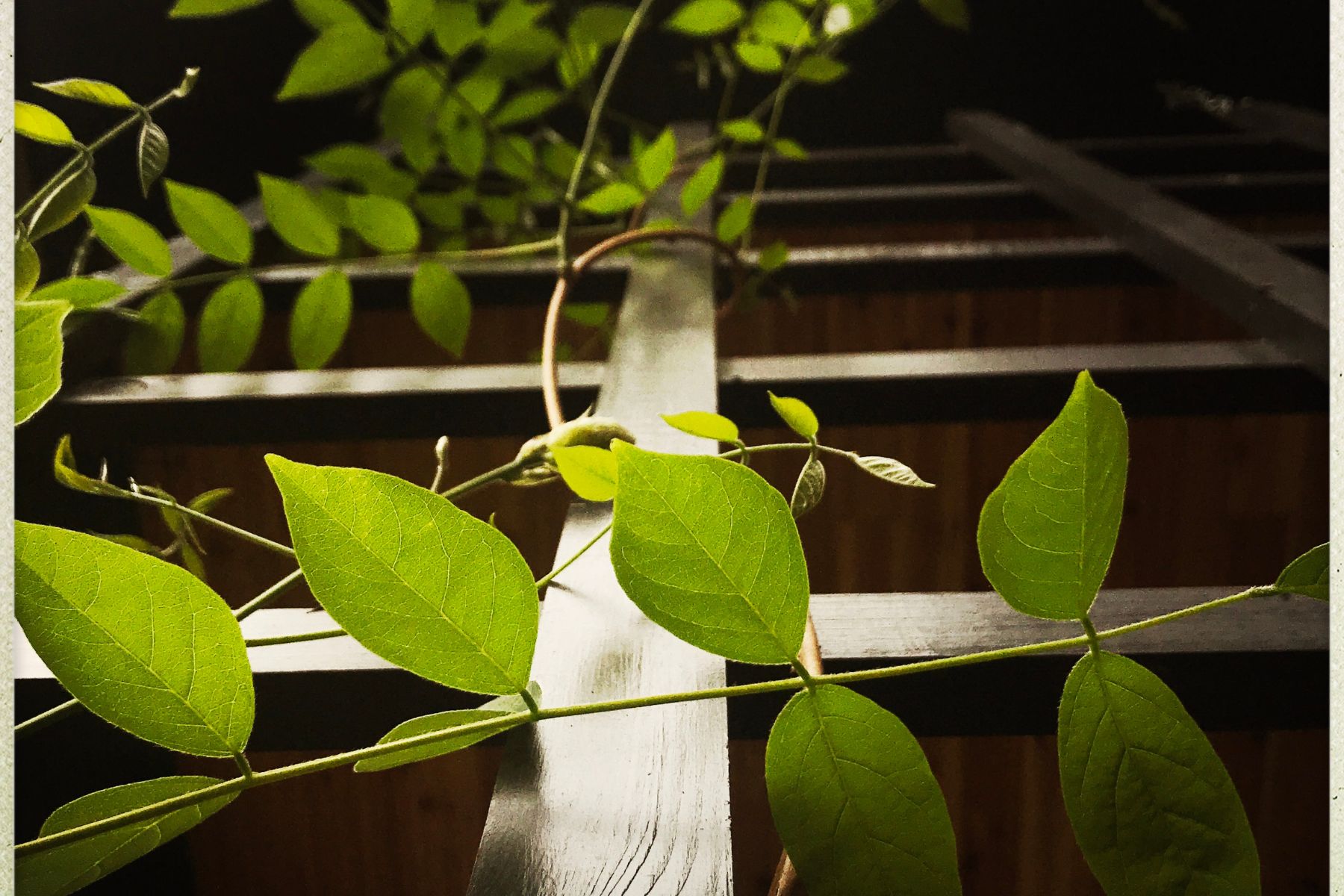
“I am the vine; you are the branches. If you remain in me and I in you, you will bear much fruit; apart from me you can do nothing.” John 15:5
In a previous blog, we reflected on the invitation from Jesus to abide in him, that we might abound in fruit that lasts. Whilst many of us are familiar with these words of Jesus and agree this is a nice idea, the reality of how we put them into practice in our daily lives is a real challenge. How do we prioritise abiding with Him, remaining in His love as the source of our strength, wisdom and compassion, amidst the demands of life and challenges of leadership to constantly abound in endless activity?
In essence, what does it mean to follow Jesus in the time and place we find ourselves? The answer, according to Rabbi Jesus, is quite simple (though far from easy). It is to try and live the way he lived, taking his life and teachings as the template, model and pattern of our own.
Of course, Jesus was a first century, single Jewish rabbi, not a twenty-first century headteacher, school governor, parent or spouse, so we have to improvise and use our imaginations a little in discerning how his teachings and practices translate into our modern daily lives. However, the guiding question that unlocks the secret to this “life in all of its fullness” that Jesus promises and our souls long for is this: How would Jesus live if he were me?
Stephen Covey of “five habits of fame” writes that we achieve inner peace when our schedule is aligned with our values. New York Times bestselling author and Christian thinker John Mark Comer notes that over the past few years there’s been “an explosion of chatter in the self help world over the idea of a fixed hour schedule”.* The idea being that you write up your ideal day/week/month in a blank calendar; beginning with diarising your top priorities (such as sleep, exercise, work, key relationships, hobbies etc) and you try and stick to it as far as possible. However, Comer argues that this idea of organising your life around a schedule that intentionally reflects what matters to you most, (filtering out the “stuff” that creeps in, clutters and distracts you from being the kind of person you actually want to be), didn’t begin in the marketplace but the monastery. For centuries in the Christian tradition, monastic orders, indeed entire communities have chosen to order their lives together around what was known as a “rule of life”.
Comer notes that this word “rule” comes from the Latin word “regula” which translates as a straight piece of wood (think ruler) also used for a trellis. Gardeners and wine enthusiasts alike will know that a trellis is the secret behind every thriving vine - a structure that holds it in such a way that it is able to grow and bear fruit. In the same way, a rule of life is the selection of rhythms, habits and practices that we as followers of Jesus can put in place to help us order our lives around abiding in the love of God. Living as Jesus would live if he were us.
If a vine doesn’t have a trellis, it will not only fail to yield fruit, but ultimately die. Similarly, if our lives with Christ don’t have some structure to facilitate health and growth (such as rhythms of prayer, scripture reading, corporate worship, sabbath rest etc) they too will wither away. Following Jesus has to make it into our diaries or it will simply never happen - abiding will remain an idea, not a reality in our lives.
So, if this is true, how then do we live in a world and education sector marked by hurry, busyness and so many competing demands and distractions? Like all things in the Kingdom, we start small and trust God. Perhaps we might begin by identifying one daily, one weekly and one monthly habit that we can integrate into our lives to help us connect with God and restore our souls. And then, we simply practise - put it in the diary and give it a go! Better yet, tell someone else and ask them to hold you accountable; after all following Jesus was always supposed to happen within the context of community and is incredibly hard to do on our own.
Of course none of this is a quick fix solution to the pressures and anxieties we all face. Discovering this fruitfulness, inner peace and life in all of its fullness Jesus speaks of takes time, effort and intention. Most vines grow slowly and it can take a number of years before a new vine produces any fruit at all, let alone any worth eating! Transformation takes time, however if we stick with it, diarising and prioritising practices that ground us in God’s goodness and slowly form and shape us into the image of His Son - Jesus promises that we will not only bear much fruit, but fruit that lasts.
To close, a prayer from Ffald y Brenin - a monastic community whose “rule of life” includes this prayer of abiding at the start of each new day:
“Lord, help me walk slowly and deeply with you
through the hours and minutes of this day
that I might find all of you that is to be found within it.
Allow me not to miss you because of hurry or busyness
but let me sense the fullness of your presence in each moment. Slow down both my feet and my heart
that I might be more present to you
as I go about my day.
In the name of Jesus I pray. Amen.”
*The Ruthless Elimination of Hurry, John Mark Comer